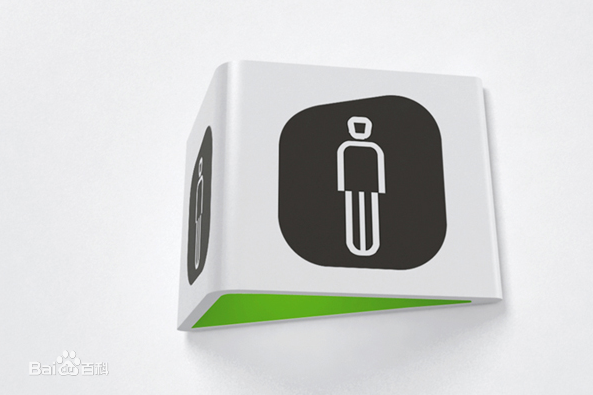Digital engineering transformation is a crucial process for the engineering paradigm shifts in the fourth industrial revolution (4IR), and artificial intelligence (AI) is a critical enabling technology in digital engineering transformation. This article discusses the following research questions: What are the fundamental changes in the 4IR? More specifically, what are the fundamental changes in engineering? What is digital engineering? What are the main uncertainties there? What is trustworthy AI? Why is it important today? What are emerging engineering paradigm shifts in the 4IR? What is the relationship between the data-intensive paradigm and digital engineering transformation? What should we do for digitalization? From investigating the pattern of industrial revolutions, this article argues that ubiquitous machine intelligence (uMI) is the defining power brought by the 4IR. Digitalization is a condition to leverage ubiquitous machine intelligence. Digital engineering transformation towards Industry 4.0 has three essential building blocks: digitalization of engineering, leveraging ubiquitous machine intelligence, and building digital trust and security. The engineering design community at large is facing an excellent opportunity to bring the new capabilities of ubiquitous machine intelligence and trustworthy AI principles, as well as digital trust, together in various engineering systems design to ensure the trustworthiness of systems in Industry 4.0.
翻译:数字工程转型是第四次工业革命(4IR)中工程范式转变的关键过程,人工智能(AI)是数字工程转型中的关键赋能技术。本篇文章讨论了以下研究问题:4IR中的基本变化是什么?更具体地说,什么是工程的基本变化?数字工程?什么是基本变化?数字工程?哪些是主要不确定性?什么是可信的AI?今天它为何重要?4IR中正在出现的工程范式变化是什么?数据密集范式变化与数字工程转型之间的关系是什么?数据密集范式与数字工程转型之间的关系是什么?我们为数字化应该做些什么?从调查工业革命模式中可以找到什么?这一文章认为,无处不在的机器智能(UMI)是4IR带来的定义力量。数字化是利用无处不在的机器智能的条件。数字工程向工业的转型有三个基本建筑块:工程数字化化,利用无处不在的机器智能,以及建立数字信任和安全。整个工程设计界正在面临一个极好的机会,可以把无处不在的机器情报和可靠的AI原则的新能力带来,以及数字信任在各种工程系统的设计设计中,4。





